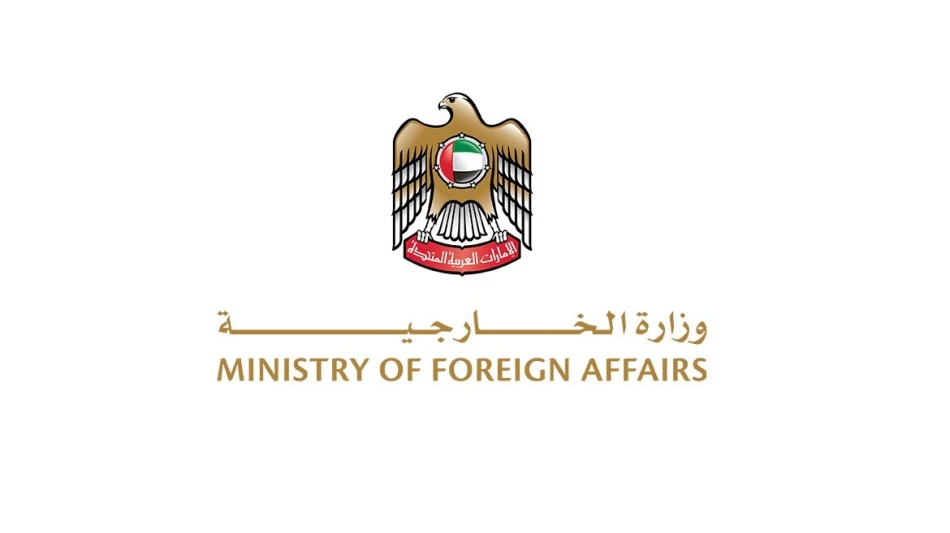
UAE Welcomes Roadmap to Resolve Syria's Sweida Crisis
UAE Backs Syrian Government's Roadmap for Sweida Crisis Resolution
The United Arab Emirates has welcomed Syria's announcement of a roadmap to resolve the ongoing crisis in Sweida province, marking a significant diplomatic development in the region's approach to Syrian internal conflicts. The UAE's endorsement, coupled with recognition of Jordanian and American mediation efforts, signals growing international coordination around Syria's territorial stability.
Diplomatic Coordination Takes Center Stage
The UAE Ministry of Foreign Affairs issued a statement praising the collaborative efforts of Jordan and the United States in facilitating the agreement. This trilateral diplomatic engagement represents a notable shift from the fragmented international responses that have characterized much of the Syrian conflict over the past decade.
The ministry emphasized the critical importance of consolidating de-escalation to protect Syria's unity and preserve Syrian lives while ensuring civilian protection and upholding state sovereignty and rule of law.
Strategic Implications for Regional Stability
Syria's Sovereignty Agenda
The UAE's statement reinforces its consistent position supporting Syrian government authority across all territories. This approach aligns with the broader regional trend toward normalization with Damascus, following the Arab League's readmission of Syria in May 2023 after a 12-year suspension.
Sweida's Strategic Significance
Sweida province, predominantly inhabited by the Druze minority, has experienced periodic tensions and protests in recent years. The province's location near the Jordanian border makes its stability crucial for regional security and cross-border trade routes that are vital to Syria's economic recovery.
Broader Regional Context
The UAE's diplomatic stance reflects the Gulf state's pragmatic approach to Middle Eastern conflicts, prioritizing stability over ideological positions. This mirrors similar strategies employed by other Gulf nations, particularly in their approach to post-conflict reconstruction opportunities.
The involvement of both Jordan and the United States as mediators suggests a coordinated Western-Arab approach to Syrian internal issues, potentially creating a template for addressing other regional disputes through multilateral engagement rather than unilateral interventions.
Economic and Political Ramifications
For international observers, this development indicates continued momentum toward Syria's gradual reintegration into regional political and economic frameworks. The emphasis on peaceful coexistence and development in the UAE statement suggests potential future investment and reconstruction partnerships, particularly if stability can be maintained in strategically important provinces like Sweida.
The coordinated diplomatic response also demonstrates how regional powers are increasingly willing to work within existing state structures rather than supporting alternative governance models, marking a significant evolution from earlier phases of the Syrian conflict.
Most Viewed News

 Sara Khaled
Sara Khaled






